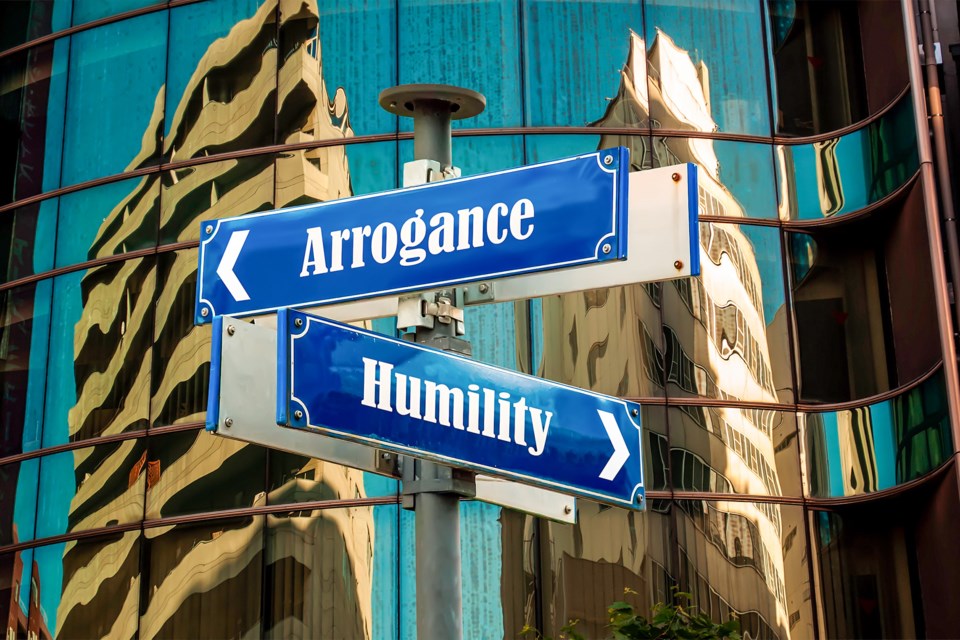About a year ago I wrote about the famous author Roald Dahl, and my experience with him. Now, the trailer for the film Wonka has just been released and it looks absolutely wonderful. Based loosely around the characters in Dahl’s book Charlie and the Chocolate Factory, it’s the latest big-screen exploration of the author’s remarkably successful and beloved 1964 novel. I’ll go to see it, just as I showed our four children the earlier movies and read them the books. But with a certain ambivalence and a whisper of regret. Because of what I once referred to here: Roald Dahl was an unapologetic anti-Semite.
I was the reporter who exposed him as such back in 1983. I was sent to interview him over his review of a book called God Cried, about Israel’s invasion of Lebanon. The review seemed based as much on racism as geopolitics. Dahl had spoken of, “a race of people,” meaning the Jews, who had “switched so rapidly from victims to barbarous murderers.” The United States, he continued, was “so utterly dominated by the great Jewish financial institutions” that “they dare not defy” Israel.
Frankly, I thought he’d decline the interview, or use the opportunity to withdraw some of the grim absurdities. But not at all. “There is a trait in the Jewish character that does provoke animosity, maybe it’s a kind of lack of generosity towards non-Jews,” he said, in a slow and careful. drawl. “I mean, there’s always a reason why anti-anything crops up anywhere. Even a stinker like Hitler didn’t just pick on them for no reason.” Then he explained that he had fought in the Second World War and that he and the people he knew had never witnessed any Jewish men doing the fighting.
As soon as he paused, I told him that I was half-Jewish, that my Jewish grandfather had won numerous medals in North Africa and was wounded in Italy, that Jews were strongly represented in all of the Allied armies, and that what he had said was ill-informed and foolish. The interview was promptly concluded, with a parting and hurried comment about “sticking together.”
I reported all of this in my article, but there was never an apology, an attempt at explanation, or any sort of denial. In the following years more films of his books were made, there was a hagiographical biopic, and even books and essays about Dahl give little more than passing references to his antisemitism.
Unlike some novelists and artists, there was little room for ambiguity. I’ve written biographies of HG Wells, GK Chesterton, and several other 20th century British authors, and it’s not difficult to find comments or phrases that rattle with abuse. Most of the people I’ve written about, however, died before the Holocaust, they often reformed and revised their attitudes, and they wrote at a time when sensibilities weren’t as enlightened as they would become. Dahl was different. He knew about the death camps, had heard the horror stories, surely understood what antisemitism could produce.
What I said back then and repeat now is that I don’t want anything or anyone to be cancelled, and fully appreciate the difference between a creator and a creation. What does surprise and I suppose concern me is that someone who proudly announced his dislike of an entire race of people still enjoys a stellar reputation. Good Lord, I was even criticised by one commentator for what he said was, “picking at old wounds.”
Compare this to the treatment given to some of the relatively innocuous and obscure figures from earlier centuries who had tenuous links to the obscenities of slavery or whose family profited from empire. It’s important that we in Canada acknowledge crimes committed against Indigenous people, but can you imagine if a major Canadian writer had made such similarly hideous comments in the 1980s about First Nations people!
British author and comedian David Baddiel wrote a book recently called Jews Don’t Count. I don’t think he’s right, and while much of what he says in the book in acute and important, I’m still an optimist about all this. But there is, without doubt, something strange and worrying going on. It’s not about Israel — I’m a critic — but about one of the oldest prejudices that seems to have risen from its shallow grave.
Double standards, political fashions, or something far worse? Maybe I should write a book entitled Roald and the Selective Outrage Factory. Now there’s a movie I likely wouldn’t bother to see.
